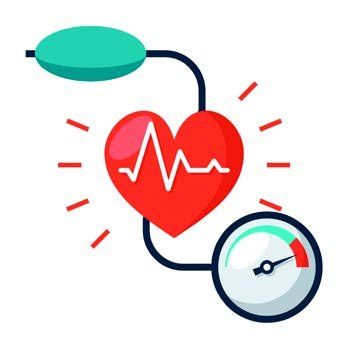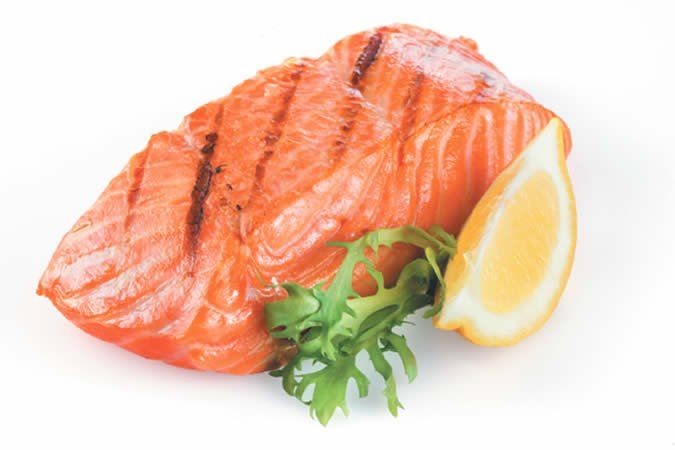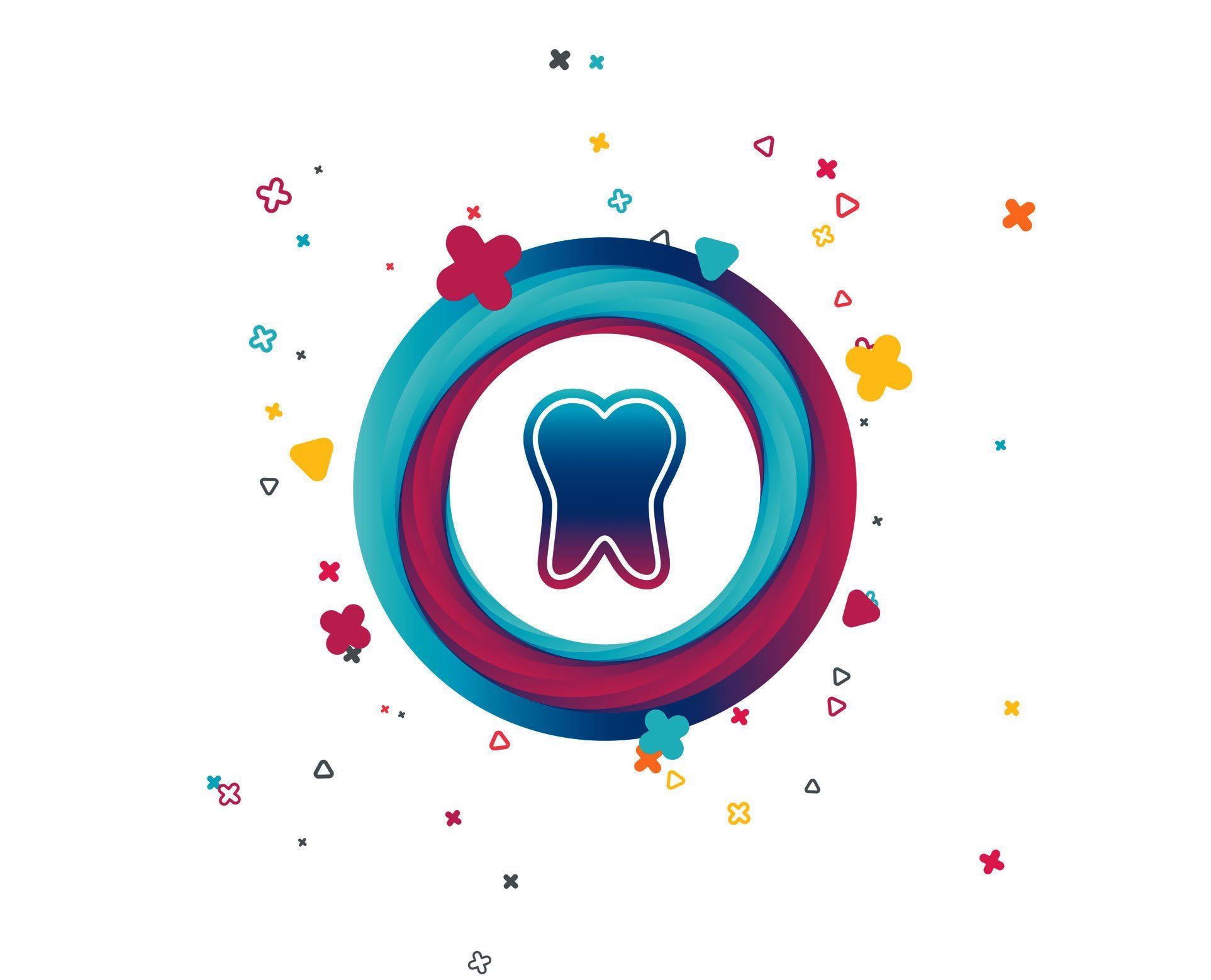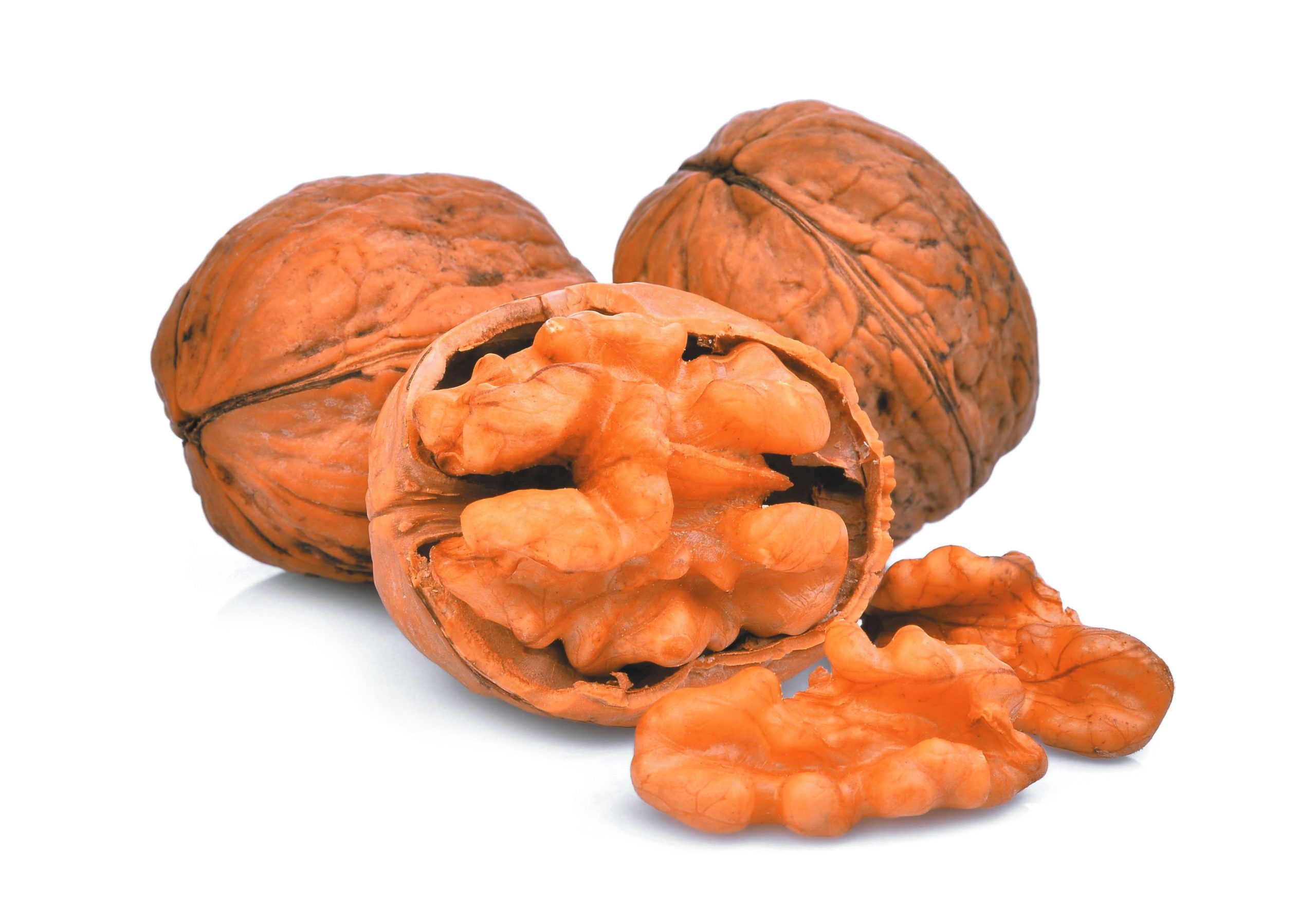Hypertension Risk High, Especially for Blacks
Black men and women had one and a half to two times higher risk for hypertension (high blood pressure) compared to white men and women, according to the CARDIA (Coronary Artery Risk Development in Young Adults) study recently published in the Journal of the American Heart Association.
Healthy Vegan Diet May Promote Weight Loss
Following a vegan diet may promote weight loss and reduce insulin resistance in overweight individuals. A recent 16-week randomized clinical trial, published in the journal Nutrients, examined the role of carbohydrate consumption on body composition and insulin resistance.
How to Address High Obesity Rates
According to the Robert Wood Johnson Foundations 2018 State of Obesity report, obesity among American adults and children remains at an all-time high. According to the most recent national survey data, nearly 40 percent of American adults and 18.5 percent of children ages two to 19 are considered obese.
Protein Supplements May Not Help Older Adults Build Muscle
A recent study published in the Journal of Nutrition found that consuming protein supplements did not help active older men build more muscle or gain more strength than resistance exercise training alone. Forty-one men with an average age of 70 completed whole-body resistance training three times a week for 12 weeks. Half the group drank a supplement containing 21 grams of protein after exercise and every night before bed. The other half drank a beverage with the same number of calories but no protein. At the end of the study period, while both groups were able to lift more weight and tests showed increased muscle mass, the protein group did not improve any more than the placebo group.
Omega-3s May Protect Older Adults Heart Health
A study led by a Tufts researcher has found an association between levels of omega-3 polyunsaturated fatty acids in the blood over time and healthy aging.
Too Much Sitting at Home Linked to Risk of Death
A recent review of prospective data published in the American Journal of Epidemiology provides one more excellent reason to get up and get moving. The study analyzed data from over 127,000 American men and women with a median age of around 20 years and followed up for 21 years.
Gum Disease May Raise Cancer Risk
Periodontitis, advanced gum disease caused by bacterial infection that damages the soft tissue and bone that support the teeth, may be linked to higher risk of certain cancers, according to a new study published in the Journal of the National Cancer Institute. The study, led by Tufts epidemiologist Dominique Michaud, ScD, analyzed data from dental exams of nearly 7,500 black and white older adults, and compared periodontal disease severity with incident cancers and cancer deaths during an average of 15 years of follow-up.
Its Never too Late to Improve Your Diet
A recent study in the British Journal of Nutrition found that following a Mediterranean-style dietary pattern was associated with a longer life. This association has been seen before, but this research, along with a meta-analysis of similar studies conducted by the authors, looked specifically at individuals aged 65 years and older.
The Challenges of Nutrition Research
Many nutrition studies rely on self-reported dietary intakes. Surveys ask participants to record everything they eat for a specific period, recall what they ate recently, or indicate what foods (in what amounts) they typically eat. The information these surveys provide is used to determine what dietary components or habits are associated with particular health measures or outcomes. If the self-reported diet information is inaccurate, it will impact study results.
Walnuts May Lower Cholesterol
A review and analysis published recently in the American Journal of Clinical Nutrition suggested that eating walnuts could improve blood lipid levels (cholesterol and triglycerides) without causing weight gain or increasing blood pressure.































